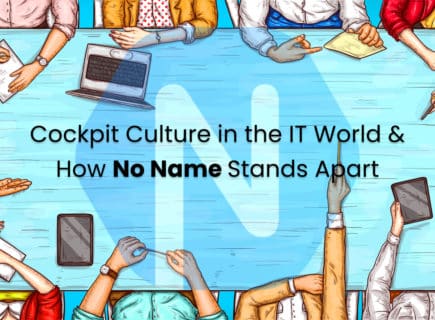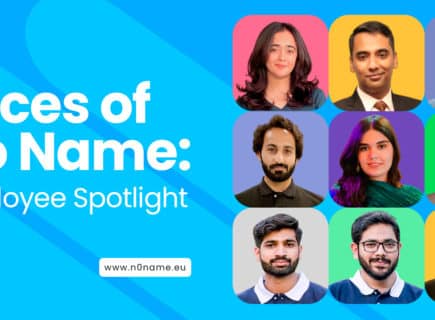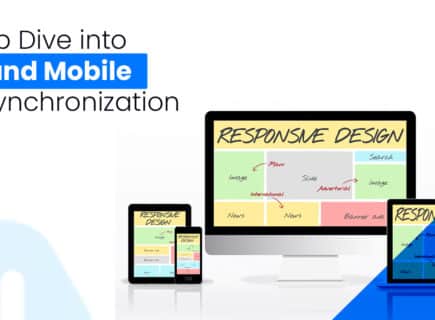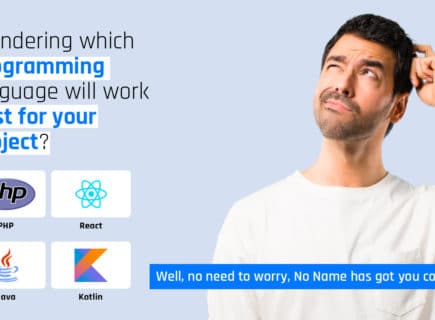Any software or creative company that hears the word “outsourcing” probably has some direct association with the word in their head. If I were to guess something like: economically interesting but doesn’t work.
Your association is probably built upon either personal experience or that of a colleague in the market. You’re not wrong by having those prenotions associated with it. This is exactly the association I had with it too. I however also saw a solvable problem, as in, there are very smart people all over the world. So how come even with those smart minds, these associations are being created?
I had some of my own experiences in which the code was… not that great. To say it lightly. Unstructured code, not documented, anti-pattern after anti-pattern, and not a true understanding of what had to be built. This immediately triggers the: I don’t want this anymore.
This is where most stories end, not mine though.
I met my co-founder Don de Jong and he had good connections in Pakistan. We set off by creating partnerships. If you start in this subsection of the IT industry the first tip you get is: “define everything very well in your requirements”. Off we went, with that tip in the back of my head.
As you might’ve guessed by the name of the article, this did not go swimmingly. I’ll walk you through a couple of points of issues:
- A requirements definition is always either: too little, or not specific enough. Either the way you want it is not clearly enough defined or you’ve defined it in such a way that you could’ve written the software yourself.
- “No”. A very scary word. A subject expert should have professional insight and say No to a certain direction.
- “Lane thinking”. The thought is often: I’m a software developer, so I only write code. That is it. However, the companies and clients here expect you to give consultancy if you’re an expert at your job.
- Creativity in a hierarchical business environment – does not work. If you think of a creative person, does he work according to requirements and a very strict hierarchy? Didn’t think so.
- Communication. The actual language barrier itself is not the problem, it’s: curiosity, interest, and ownership of the issue at hand.
This all sounds very negative. Yes, sure. It sounds very solvable too though, don’t you think? Exactly that is what we’ve been doing the past few years. One of the reasons we discovered it was doable was that some partnerships worked really well, and some people within those companies are total gems. All of a sudden we got feedback from technical clients like: “We actually learned something from his approach”.
That is how I knew, it’s possible. These problems are navigable and there are people that we can find who surprises everyone. We saw gems and ways that actually did work, very well too. So we moved on to activate that even more.
In 2 days I’ll deep-dive into the solutions we implemented to the mentioned challenges Tune in! Or check in the comments for the link, it’s already live on our website.






























